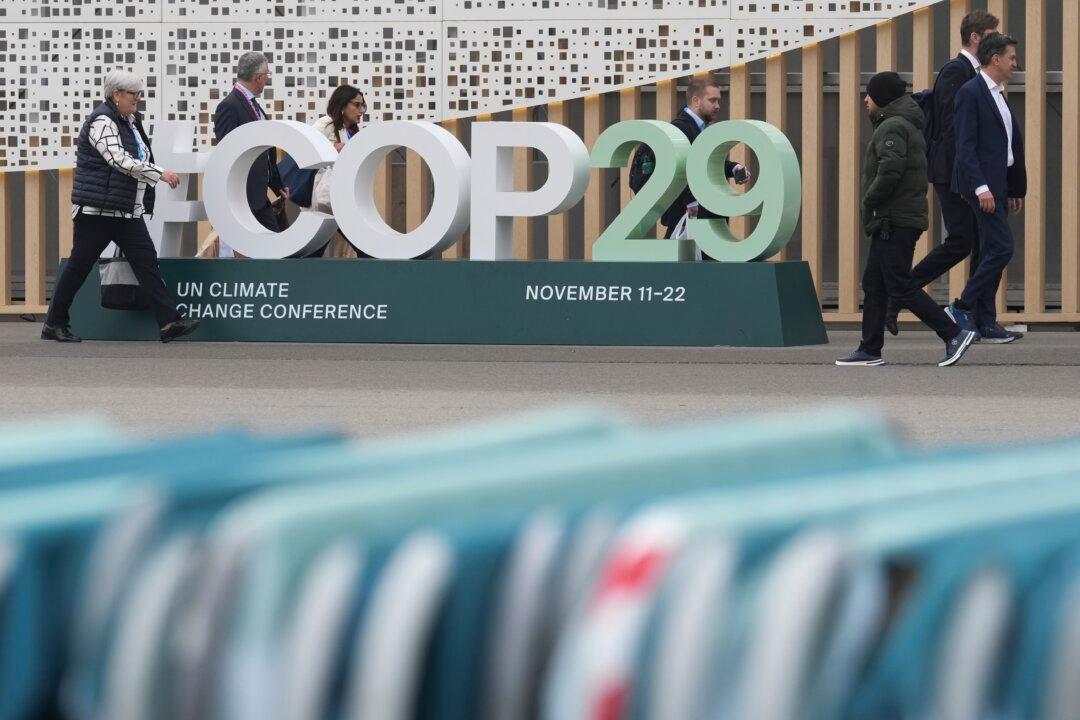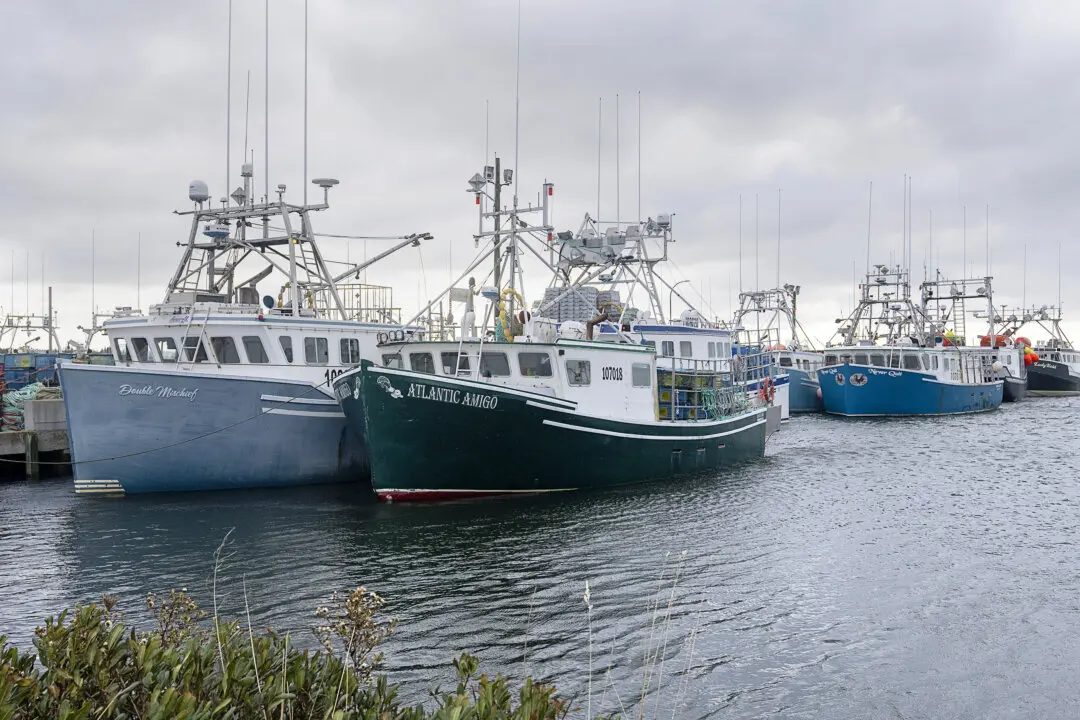Commentary
As with Poe’s purloined letter, the most obvious things can sometimes be hardest to see. Thus I spent a week in Baku, Azerbaijan, for COP29 but only on my return home did an emailed question open my eyes to something conspicuously missing there: science. Which evidently the delegates and activists also totally failed to see.





